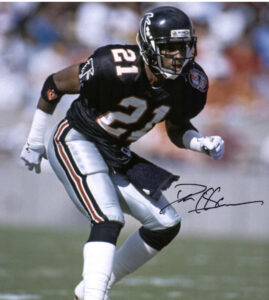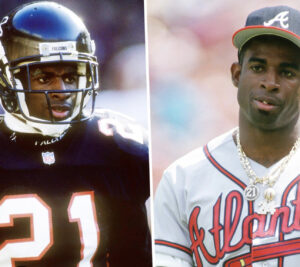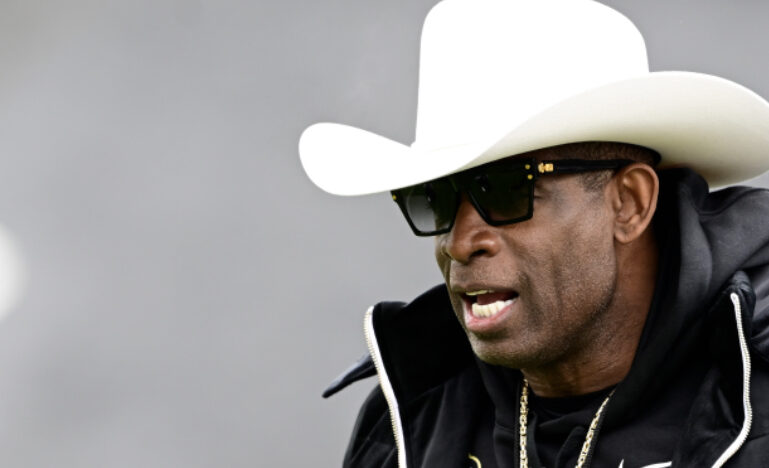Prime Time
Winners always stand out, and we gravitate towards them for a myriad of personal reasons. It’s exhilarating when our favorites emerge victorious, but what happens when someone we don’t particularly like succeeds? Do our personal biases matter if victory was earned fairly?
There are numerous athletes I may not have liked, but I’ve learned to respect not just their skills, but who they are as individuals. Winning is no cakewalk; greatness is a Herculean task, and becoming the best or the GOAT (Greatest of All Time) borders on the impossible. The journey to the top lacks balance; it’s fueled by obsession, unwavering determination, and a mix of healthy and unhealthy energies. It’s that relentless drive that dismisses words like “can’t” and “NO!” Tim Grover aptly calls it the “dark side” in his book “Relentless”. This is the aspect of greatness that some might find unlikable, but it’s also what propels these individuals toward becoming the best or at least incredibly close to it.

I can vividly recall prime time moments, listening to Dan Patrick, Brent Musburger, and Stuart Scott on ESPN Sports Center, fervently highlighting Deion Sanders’ plays. From his high-stepping dances in the endzone to his lockdown defensive skills as a cornerback, he was, in my humble opinion, the undisputed best in the league during his prime. Yet, he faced a barrage of criticism: they called him “soft,” claimed he didn’t tackle, and accused him of being selfish.
I never cheered for any team he played for, and he wasn’t my favorite player, but I respected everything he could do and did. Deion Sanders didn’t just talk the talk; he walked the walk. He wasn’t about potential; he delivered results. He wanted to win, and he did just that. In fact, it’s believed that he left Atlanta because they didn’t share his obsession with winning, which ultimately led to two Super Bowl championships, eight Pro Bowl appearances, and a spot in both the college and Pro Football Hall of Fame. His greatness extended beyond football, as he also pursued a professional baseball career and even played in a World Series. He was on the brink of making history by playing in both the NFL and MLB on the same day if not for some rules. That’s awe-inspiring!

Deion had swag long before the word became popular. He was flashy, fun, and backed up everything he said. He managed to stay out of the negative news cycle, a feat not easily accomplished by many flashy athletes. Deion Sanders is undeniably an ethical man of integrity.
When he ventured into coaching in 2020, I must admit, I chuckled, as it was something I never expected him to pursue. However, it didn’t take long for his leadership qualities and winning spirit to change my mind. He possesses that unique ability to uplift and improve those around him. His style may come across as arrogant and loud to some, but that’s who he is. So, let me pose a question to all of you: are you truly yourself, or are you molded by the expectations of those around you? To excel in anything, you must be 100% authentic and embrace all the facets that come with it. That’s Prime Time for you—he’s unapologetically himself, perched on a plateau that only eagles reach. His altitude is Colorado high, and once again, he stands at the peak. The only difference? He’s now the coach, not the player.
Prime Time gets it. No matter what, people will try to insult you. But when you fully accept yourself for who you are, those insults become not just shallow, but hollow, devoid of any impact on Deion’s unwavering path forward. The only question that remains is: What will he do next?
Thank you for reading
Your Friend
Wakime










